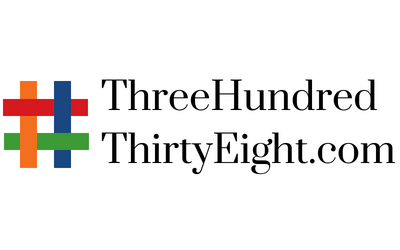By Ann Mariya Nedumthottiyil
“The Right to Vote is only meaningful when you use it.”
Jean-Pierre Kingsley (Former Chief Electoral Officer of Canada)
Mandatory voting has a relevant history in Canadian politics. It was proposed as a bill (Bill S-22) in 2005 and did not become law for various reasons. It is the right time to suggest it again for the same reason it was proposed earlier: less voter turnout.
Decreasing voter turnout is a real issue for a democratic country like Canada. A democracy is where the majority of people elect their representatives through elections to carry out the majority’s decisions in a country. If the majority shows no interest in the election process, then there is a high chance of overlooking the likes and dislikes of the citizens.
Decreasing Turnout
Elections Canada researched the case of decreasing turnout, and the studies show the reasons behind the declining interest. Compared to the older generation, youth participation in the elections has been declining over the years. Lack of interest, negative attitudes towards politicians and political parties, and the lack of polling information were the primary reasons for people to refrain from the elections.
The voter turnout of Canadian citizens from the age group 18-24, the future generation, was only 47%, whereas 75% of citizens from the age group 65-74 participated in the recent federal elections held in 2021. This notable difference should be considered if the government wants to protect democracy from collapsing. It was not very different for the provincial elections. The 2022 Ontario general elections had only 44% voter turnout from the 11 million total voters of the province. This is why we have to adopt mandatory voting.
Why not make voting mandatory?
In 2005, the bill did not become law because of the following two primary reasons:
- Restriction of personal choice
Fundamental Freedoms in the Canadian Constitution allow the citizens the freedom of thought, belief, opinion, and expression. If mandatory voting becomes law, this restricts the personal freedom of the citizens to refrain from the election.
- Potential for uninformed votes
There is a potential for increased uninformed votes if it is a forceful law to vote. Since it is compulsory, people might not look into it further and then vote for someone which will cause misinterpretation and might affect the actual results of the election.
Why we should make voting mandatory
There are certain advantages if mandatory voting were to become law:
- Voting – Base of Democracy
People fought for their Right to Vote to ensure the active participation of everyone without any discrimination and to represent everyone’s needs despite their various social and economic situations in a democratic government. As Abraham Lincoln said, a democratic government should be “of the people, by the people, and for the people.” This is attained through the voting and election process and is meaningless if the country has a low voter turnout. Mandatory voting will ensure everyone’s preference is represented in the country’s government.
- High voter turnout
Active participation of the citizens in elections leads to the political stability of the parties and the government. Mandatory voting will increase the voter turnout percentage, which is currently very low, which is a drawback for an active democratic country. A successful example is Australia, where voter turnout is 80% to 90% in every election.
- Inclusive government
The government should ensure equal representation from every section of the society, both majority and minority. This guarantees that everyone’s voice is heard equally in a governing body and leads to an inclusive government, a healthy way to maintain democracy in a country.
Saving Democracy
Adopting mandatory voting could save democracy from collapsing and ensure an inclusive government where every citizen matters and every voice is heard. Compulsory voting guarantees citizens’ active participation in a country’s decision-making process. It is crucial in a democratic country to listen and act according to the majority’s wishes. To achieve that goal, everyone needs to vote. By voting, citizens would develop a sense of belonging and more trust in the government. Adopting mandatory voting would ensure a healthy democracy.
